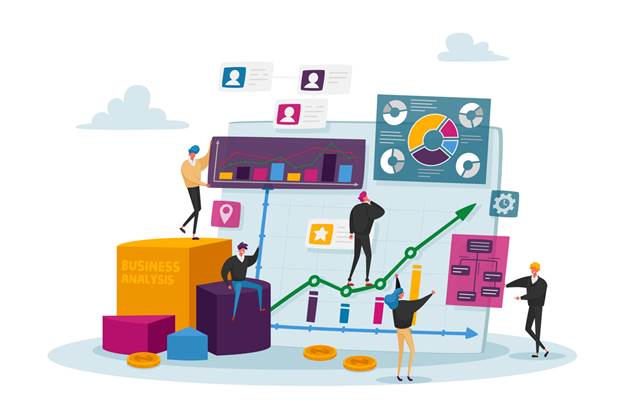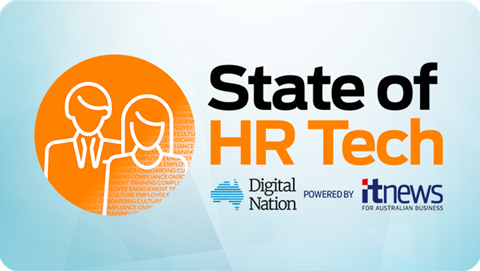A recent McKinsey report found 62 percent of the current workforce tasks have the potential to be automated using emerging technology, however this will be dependent how it’s adopted and deployed.

The findings show however, that generative AI adoption also shows signs of increasing productivity, customer service and uplift the employee experience.
McKinsey’s report also identified that around 1.3 million people, or nine percent of the total workforce, could see themselves shift out of their current roles into new occupations by 2030.
The report highlighted three distinct groups, “resilient and growing” occupations such as healthcare or technology, “stalled but rising” covering, building and mechanical installation and repair and “disrupted and declining” like office support, production work, food services, and customer service and sales.
According to the report, “knowledge workers” will experience the greatest impact while demand for social, emotional, and technological skills will increase and it will decrease for basic cognitive skills.
Seckin Ungur, partner at McKinsey & Company and one of the report’s co-authors told Digital Nation, “Automation via generative AI could provide a huge productivity benefit to Australia in the coming years, provided it’s effectively managed.”
“It’s a complicated dynamic – it’s not just trading jobs or roles wholesale, but automating tasks within jobs that free up time to allow people to unlock more or new value by taking on higher order responsibilities.”
As one example, Ungur said empathy and engaging with patients will remain critical in healthcare “even as diagnosis and some treatment undergoes a technological shift.”
While jobs like retail might see “routine tasks like payments processing could be automated, allowing employees to focus on delivering superior customer service”.
“Key to staying relevant in these scenarios and more – as every sector is likely to see some automation adoption via generative AI – is building social, emotional, and technological skills.
“Our data shows knowledge-based roles will likely be the most impacted by generative AI, but when we take other trends such as ageing population into account, jobs in the healthcare, stem, business and professional services categories will continue to grow significantly.
Ungur said its expected that there will be the most occupational transitions in customer service and back-office administration roles.
“For organisations, preparing for and realising the benefit of automation, means revisiting strategies and priorities and identifying how technology can help achieve organisational ambitions.
“It may require some significant redesigns or shifts in operating models, but done well it could unlock benefit not just for a single organisation or sector, but the country overall,” Ungur said.



_(28).jpg&h=140&w=231&c=1&s=0)

_(23).jpg&h=140&w=231&c=1&s=0)





 iTnews Executive Retreat - Security Leaders Edition
iTnews Executive Retreat - Security Leaders Edition
 iTnews Benchmark Awards 2026
iTnews Benchmark Awards 2026
 iTnews Cloud Covered Breakfast Summit
iTnews Cloud Covered Breakfast Summit
 The 2026 iAwards
The 2026 iAwards











_(1).jpg&h=140&w=231&c=1&s=0)



